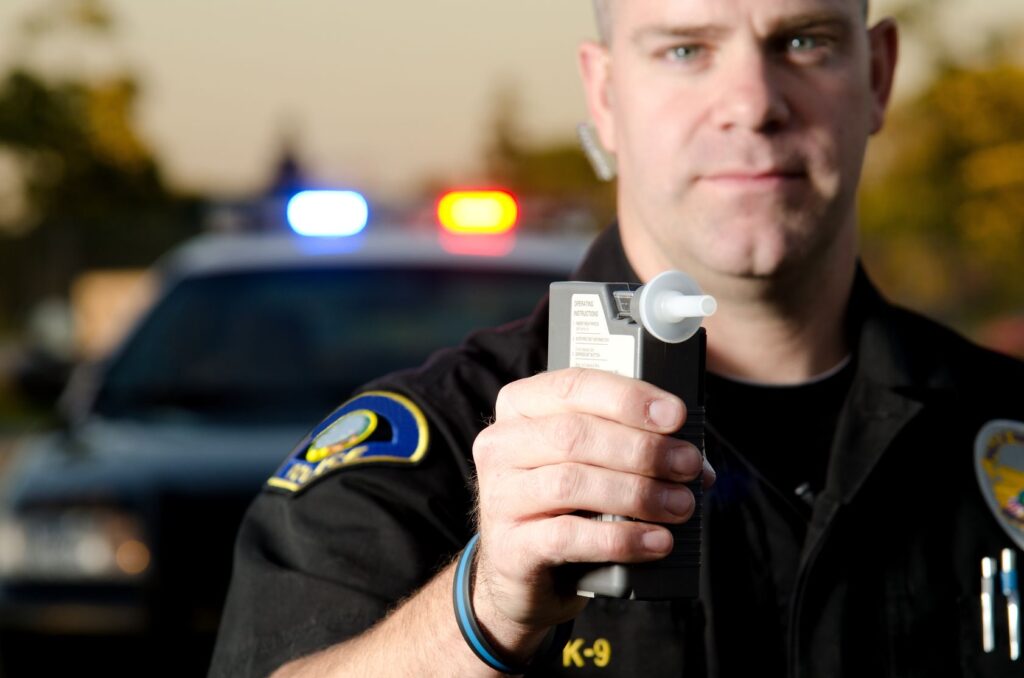Understanding PBT Law: Key Concepts
PBT law, or Portable Breath Test law, revolves around the legal implications of using breathalyzer devices to assess blood alcohol content (BAC) during DUI stops. It is crucial for individuals to understand how these laws apply to them, especially when facing charges related to DUI incidents.
In many jurisdictions, the results from a PBT can be used as evidence in court, but their admissibility may vary. For instance, in Texas, while PBT results are not always admissible in court, they can lead to further testing and potential DUI charges. Understanding these nuances can significantly impact one's legal strategy.
The Role of Breathalyzer Tests in DUI Cases
Breathalyzer tests play a pivotal role in DUI cases as they provide law enforcement with a method to measure a driver's BAC at the scene of an alleged offense. These tests can influence both the immediate actions taken by officers and the subsequent legal proceedings.
For example, a driver who refuses a breathalyzer test may face automatic penalties, including license suspension. Conversely, passing a breathalyzer test could lead to the dismissal of charges. Therefore, knowing the implications of these tests is essential for anyone involved in a DUI case.
Common Myths About PBT and DUI Charges
There are several myths surrounding PBT laws and DUI charges that can mislead individuals. One common misconception is that a breathalyzer result is always definitive proof of impairment, which is not necessarily true.
Factors such as device calibration, user error, and even medical conditions can affect the accuracy of breathalyzer tests. Understanding these myths can empower individuals to challenge the validity of the evidence presented against them in court.
Legal Defenses Against PBT Evidence
When facing DUI charges, particularly those involving PBT evidence, it is crucial to explore potential legal defenses. Various strategies can be employed to contest the reliability of breathalyzer results, including questioning the administration of the test and the qualifications of the officer.
For instance, if the breathalyzer was not properly calibrated or if the officer did not follow established protocols during the testing process, these factors can be used to argue against the admissibility of the evidence. Consulting with a knowledgeable DUI attorney can help in formulating a robust defense strategy.

